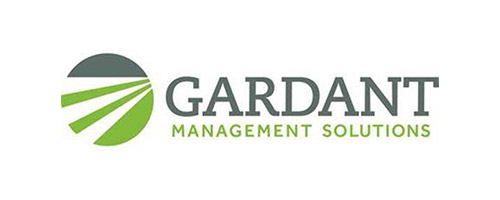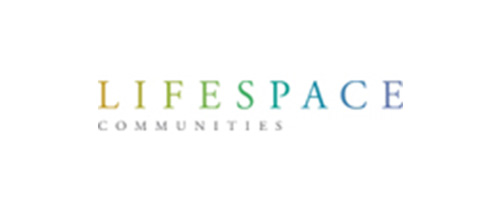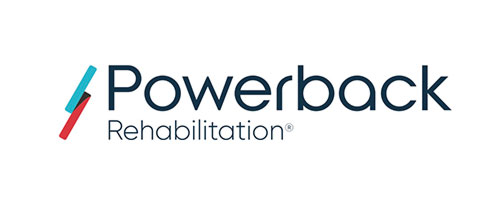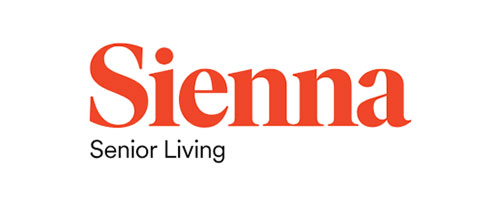Build a foundation for Active Aging with the ICOPE Guidelines
Did you know that 2020 starts the Decade of Healthy Ageing? As our current year comes to an end, it is a great time to discover ways to build the foundation for Active Aging and begin the Decade of Healthy Ageing on the right foot. One way Active Aging professionals can accomplish this is by applying the World Health Organization’s (WHO) Integrated Care for Older People (ICOPE) Guidelines. The ICOPE Guidelines aim to help older adults maximize their intrinsic capacity, which is defined as the composite of all the physical and mental attributes of an individual. Maximizing intrinsic capacity can help older adults maintain their health and independence.
The ICOPE Guidelines offer evidence-based guidance on how to:
- Assess the health status of an older person
- Deliver integrated care
- Slow or reverse declines in intrinsic capacity
- Deliver interventions to support caregivers.
In 2007, the Abbott Nutrition Health Institute (ANHI) was established with the goal of making nutrition resources available to everyone, for every stage of life. We’ve spent the past decade presenting the latest science by bringing together a range of opinions and experts to create engaging educational content you can trust. We recently launched an Important Initiatives page on the ICOPE Guidelines, which provides resources to help Active Aging professionals provide integrated care for older adults. One resource is a webinar that was a collaboration with ICAA. This webinar provides an excellent overview of the ICOPE recommendations and how Active Aging professionals can apply the exercise, nutrition, and falls prevention guidelines into practice.
The Important Initiatives page also features the full ICOPE Guidelines document, an ICOPE infographic (shown below), the new ICOPE handbook (to promote person-centered assessment in primary care settings), and the evidence profile on malnutrition used to create the ICOPE nutrition recommendation.

The image above summarizes the 13 recommendations for managing declines in intrinsic capacity in older adults.
Malnutrition, or undernutrition, is a major concern for aging adults. The ICOPE Guidelines address this in recommendation #2, stating that oral supplemental nutrition with dietary advice is recommended for older people affected by undernutrition. The WHO also included this recommendation in the Essential Nutrition Actions publication (p. 103-104).
We live in a world that is growing older and becoming more diverse. To address this shift, Active Aging professionals need to continue to offer more diverse services and support in their care for older adults. The ICOPE Guidelines can help Active Aging professionals shape services to help meet the needs of older adults. Visit anhi.org to learn more!
Ashley Bronston, MS, RDN, LDN is an Associate Program Manager for the Abbott Nutrition Health Institute, where she develops continuing education for healthcare professionals.
Note: This information is not intended to replace a one-on-one relationship with a qualified healthcare professional and is not intended as medical advice. It is intended as a sharing of knowledge and information from research. The view expressed here are not necessarily those of the ICAA, we encourage you to make your own health and business decisions based upon your research and in partnership with a qualified professional.
Share



































